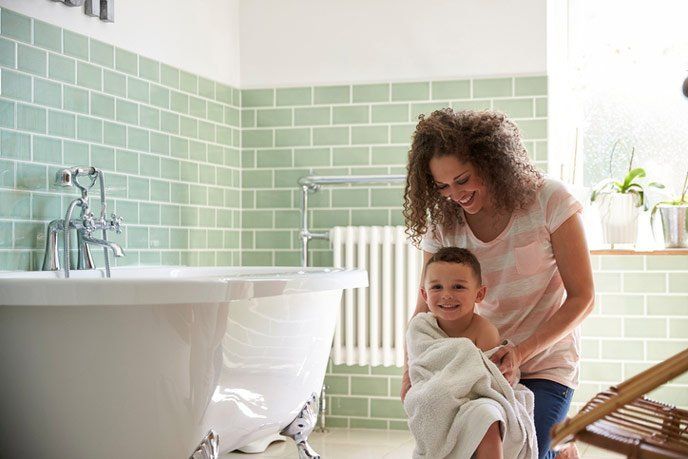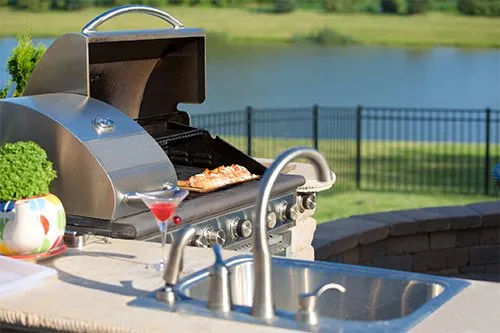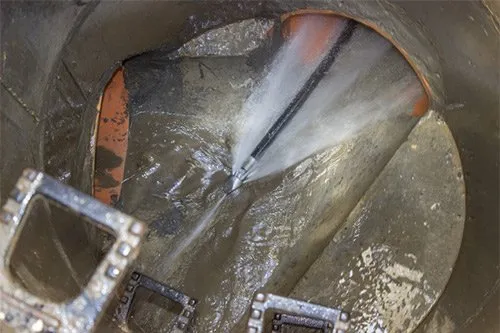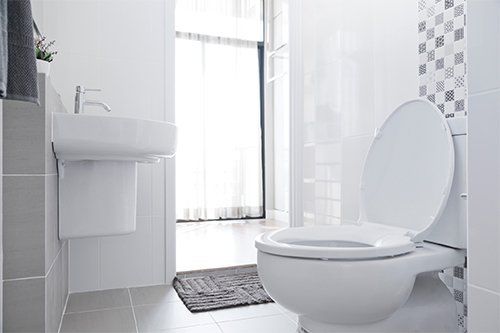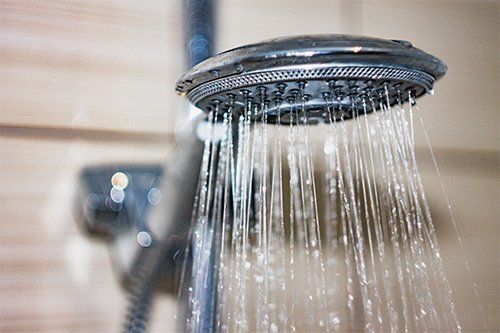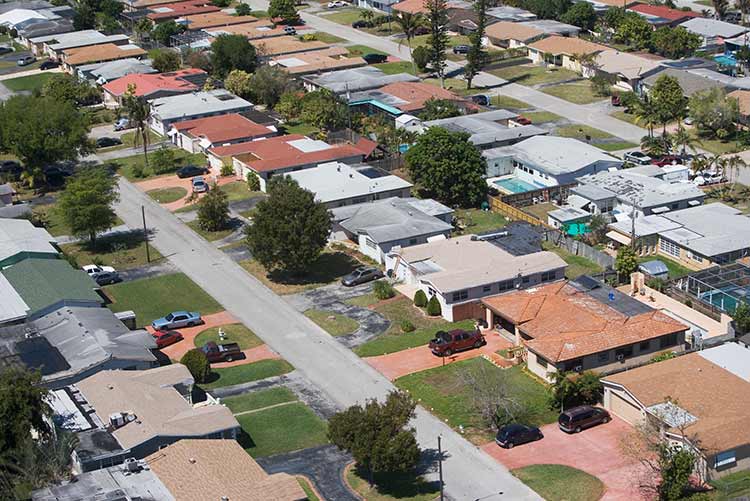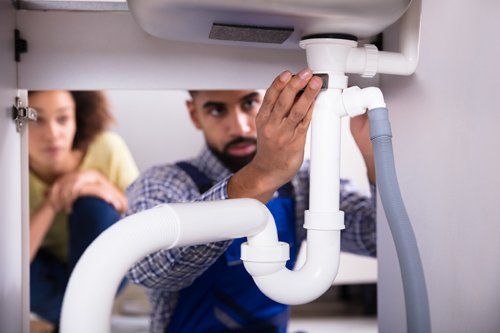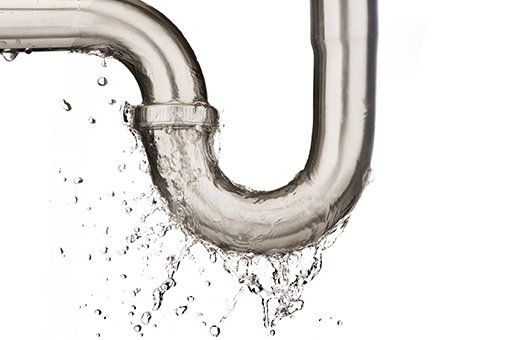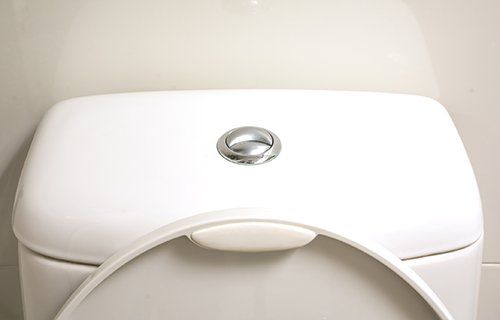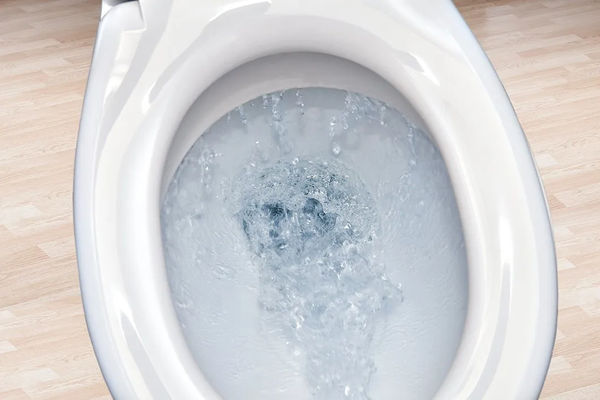
Not all drains are the same. While your kitchen sink's garbage disposal can handle the heavy-duty mess of leftover spaghetti, your toilet can't. Even though some toilet no-no's are obvious (such as food and your child's toys), others aren't as well known. Take a look at some everyday objects you should never attempt to flush.
Cotton Swabs
Cotton swabs are a bathroom staple. But that doesn't mean you should toss them in the nearby toilet after use. Don't let the word cotton in the name fool you. While the cotton toilet paper you flush daily breaks down, reducing the risk of clogs, cotton swaps won't. These can clog your toilet, causing serious plumbing problems.
Dental Floss
Like cotton swabs, dental floss is another bathroom must-have that's easy to toss into the toilet. But also, like cotton swabs, floss can wreak havoc on your home's plumbing. Most types of dental floss aren't biodegradable. This means it can stick in your pipes or cause environmental issues down the line.
While a single strand of floss isn't likely to cause a major backup, when combined with toilet paper, wipes, or anything else in your home's or community's sewage system, it can create a serious clog. Floss won't necessarily stay flat or in a line/string shape. When wet, it can wrap itself into a ball, causing plumbing problems.
Instead of flushing your floss, throw it in the trash. If you already have a floss-related plumbing issue, a professional plumber can help to find and remove the blockage or make the necessary repairs.
Prescription and Non-Prescription Medications
Disposing of medications isn't always easy. But keeping unused or expired medications around your home isn't a safe option. Along with hoarding your past pills, throwing them in the trash isn't an alternative to explore either. That leads many people to dispose of them in another place pills shouldn't go — the toilet.
Why shouldn't use flush pills? Along with potentially clogging your plumbing, medications (both prescription and over the counter pills) can end up in the environment. Flushed water travels to wastewater treatment plants. Even though these plants clean the water before releasing it into the environment, many treatment facilities aren't made to handle medications.
Instead of clogging your toilet or potentially adding to environmental injury, always dispose of medications correctly. Seal the pills in the original container and bring them to a medication take-back event or station. Events and pill return sites vary by community. Contact your local municipal waste company or community government office for details on area alternatives for safe disposal.
Cat Litter
Your cat's bathroom is not the same as yours. When wet, litter expands and (depending on the product) can clump together. Hardened balls of cat litter can easily clog your pipes, resulting in a toilet that won't work or a serious backup.
Some brands claim to make flushable litter. While these types of litter might go down the drain, in large quantities they also have the potential to cause clogs. Don't take a chance with your home's plumbing system. Even though throwing your cat's litter in the garbage may seem unsanitary, it's better than overflowing your toilet.
Cigarette Butts
Leftover cigarette butts cause problems for your home's plumbing system. Using the toilet bowl's water to extinguish cigarettes is never an acceptable form of disposal. Similar to flushed medications, cigarette butts can also leach into the water supply — causing a safety situation for people, animals, and the environment.
Did you accidentally flush something you shouldn't have? Do you need a plumber's expertise to remove the clog? Contact Moody Plumbing Inc. for more information.
